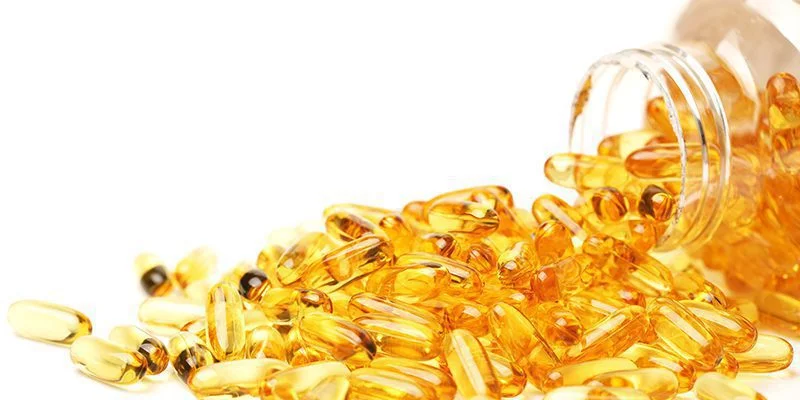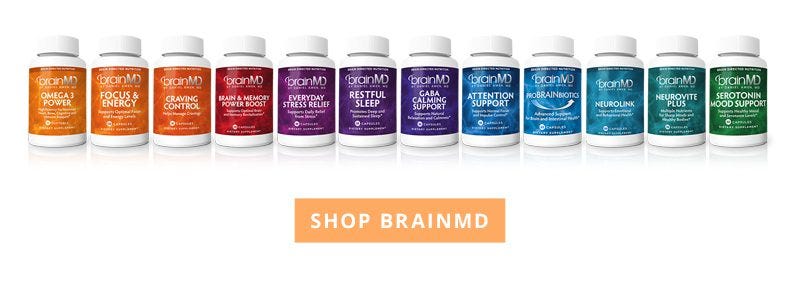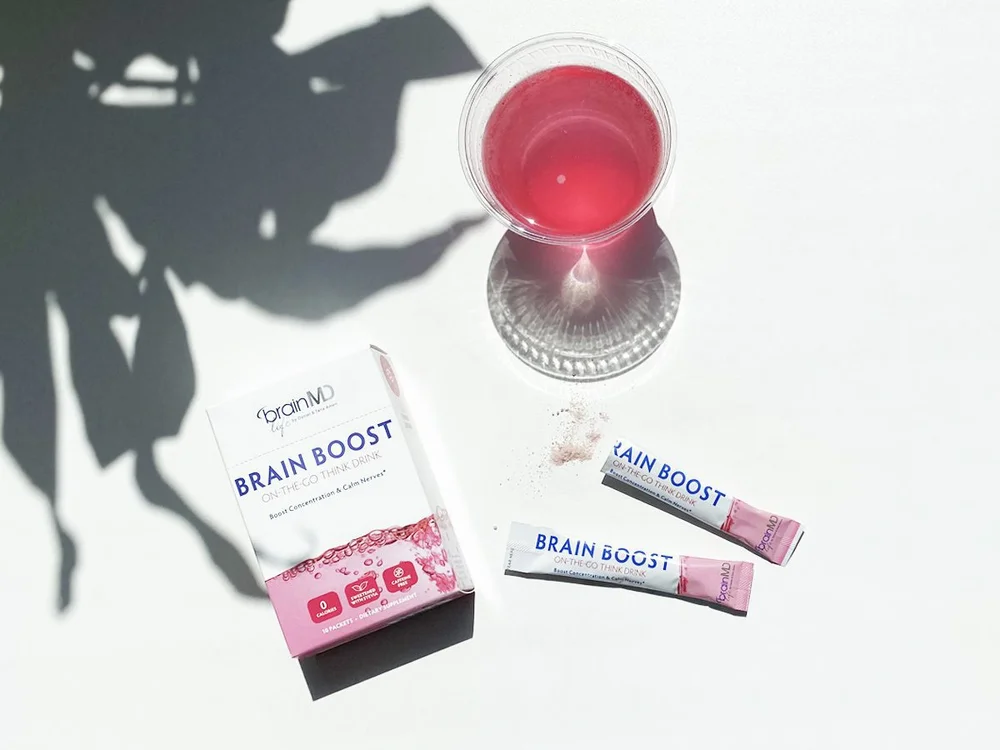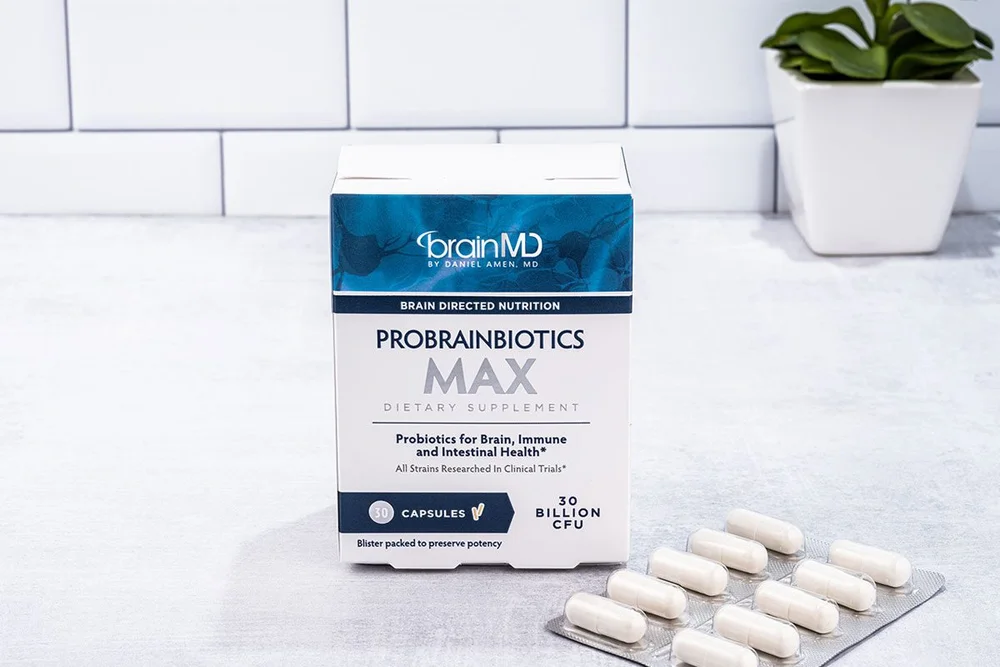How To Choose Fish Oil That Will Help, Not Hurt You
What Does Fish Oil Do & Why is it So Important?
Recently, it was determined that, after vitamin and mineral supplements, fish oil was the most popular complementary health product used by adults in the United States.
According to the National Center for Complementary and Integrative Health (NCCIH), a division of the National Institutes of Health (NIH), more than 18 million people spent more than $1.3 billion on fish oil in the year 2012, the most recent year for which they have statistics.
What Does Fish Oil Do?
Most people know that the omega-3 fatty acids found in fish oil are good for their health and are likely aware about the benefits to circulatory health. But not as many people may know that omega-3 fatty acids are crucial for brain health.
Fish oils, are oily fats found in fish, particularly cold water fish, and in marine oils from other sea life such as krill. These oils are rich sources of omega-3 fatty acids, one type of long-chain polyunsaturated fatty acids (LCPUFA) that are crucially essential for health.
Are Fish Oil Supplements Good for You?
In your diet, you will come across omega-3 and omega-6 fatty acids, Both are important for your overall health, and and you should find the right fish oil ratio for each one.
The two most studied omega-3 fatty acids are eicosapentaenoic acid (EPA) and docosahexaenoic acid (DHA). These are essential for our health and well-being—our bodies need them for a diverse range of essential life functions. Though the body can make them from smaller omega-3 fatty acids, EPA and DHA are practically like vitamins in that the conversion efficiency is very poor. Though every cell in our body needs them, the only practical way to ensure we get the amounts of EPA and DHA that we need is through foods or supplements.
Unfortunately, surveys indicate most people get far too little omega-3 fatty acids in their diet. The research consistently indicates that most Americans are not getting the EPA and DHA in their tissues that they likely require for optimum brain and body health, with some studies demonstrating that as many as 90% of adults have suboptimal levels.
Many turn to fish oil supplements to help correct this deficiency. However, what they don’t realize (and this includes many health care practitioners) is that not all fish oils are created alike.
How Do I Choose the Best Fish Oil?
While the desired omega-3 fatty acids reside in the fatty tissue of fish, so do environmental contaminants. Therefore, oil derived from these tissues often contains high levels of these contaminants. This is why it’s dangerous to consume fish caught in ocean zones that are contaminated.
Fish (especially longer-lived species, and higher-level predators that consume other fish) will “bioaccumulate” heavy metals such as mercury, arsenic, cadmium, and lead that originated from industrial sources and reached the watery environments in which they feed. These contaminants often end up in the fish oil derived from these fish.
Adverse effects to humans from ingesting heavy metals can include brain damage including memory loss, blindness, deafness, loss of coordination, irreversible liver and kidney damage, even death.
In addition to heavy metals, there are also other toxic compounds that bioaccumulate in fish.
Some of the most toxic chemicals known to science, including hundreds of different PCBs (polychlorinated biphenyls), PBBs (polybrominated biphenyls), dioxins and furans, can bioaccumulate in fish and have been linked to problems with the functioning of the brain, liver, immune system, endocrine and reproductive systems, and essentially all the organs.
The PCBs, which have been extensively studied, besides causing the organ problems listed above, when bioaccumulated in humans even at very low levels can cause brain and other nervous system disorders, muscle spasms, skin problems, and chronic bronchitis.
So, when looking for a fish oil supplement, it is critical that you find a product that has been highly purified.
Sourced from short-lived fish species (anchovies, sardines, and mackerel) that are pelagic (don’t feed on the bottom and therefore pick up less contaminants), the fish oil in BrainMD’s Omega-3 Power undergoes the most advanced purification process in the supplement industry.
Fish Oil to Help Memory & Heart
The ultra-high quality fish oil that goes into BrainMD’s Omega-3 Power is produced in a facility that is licensed to make both pharmaceuticals and dietary supplements. This facility is recognized by the FDA and certified for its cGMP (current Good Manufacturing Practice) by the rigorous USP (United States Pharmacopeia), NSF and other agencies.
To ensure purity, BrainMD’s Omega-3 Power is tested to ensure lack of rancidity and for 450 potential environmental contaminants, including mercury, lead, cadmium, arsenic, and other heavy metals; PCBs, PBBs, dioxins, furans; and a diverse range of other organic pollutants.
Fish Oil Reviews
Here’s what our customers are saying:
“The only fish oil I found that I can take because you take the care to purify it so well. Thank you so much!” by Carol
“I think this product is great! I’ve compared the EPA and DHA amounts to other fish oils and this one has more than most that are out on the market.” by Steph
“Effective & high quality! I’ve tried other omega-3 supplements & they’ve never quite settled well & didn’t do much for my mood or energy. I feel a difference with these! Definitely worth the price.” by Elizabeth
- Veterans Day: One Warrior Shares Some of the Best Ways to Heal from Trauma - November 2, 2023
- Could Your Mood Issues Be Linked to a Pain In the Neck? - October 13, 2023
- What’s At the Root of Your Sciatic Nerve Pain? - September 20, 2023





2 months and haven’t lost a pound
We have to eat less than we are burning or we will never lose weight.